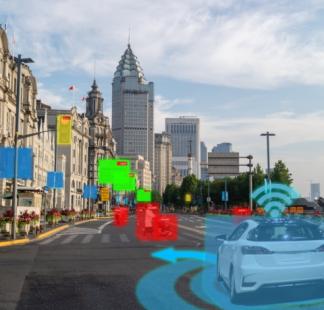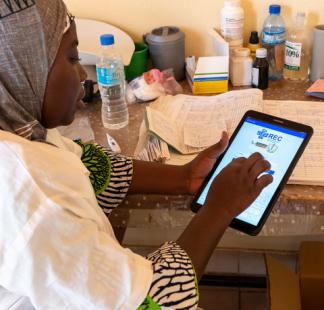Displaying 85 - 96 of 131
22 Jun 2026 - 03 Jul 2026
Online instructor led
This 20 hours online instructor-led is designed to equip professionals from the ICT and telecommunications regulatory sector with the knowledge and…
Registration:
Open until 22 May 2026
Languages:
- English
23 Jun 2026 - 24 Jul 2026
Online instructor led
Many countries have begun to develop smart villages/towns/cities with varying degrees of success. This course focuses on the design and…
Registration:
Open until 16 Jun 2026
Languages:
- English
Open
Online self-paced
This course discusses building inclusive and digitally accessible environments and communities, underlining the importance of digital inclusivity and…
Languages:
- Arabic
- English
- French
- Russian
- Spanish
06 Jul 2026 - 19 Jul 2026
Online instructor led
The first focus of this course is on the application, practice and development opportunities of AI in the healthcare industry, with a particular…
Registration:
Open until 01 Jul 2026
Languages:
- English
20 Jul 2026 - 24 Jul 2026
Online instructor led
This course is structured to provide mid and senior level officers working in governments, a nuanced understanding of spectrum policies, regulatory…
Registration:
Open until 22 Jun 2026
Languages:
- English
Open
Online self-paced
The course is Intended for policy-makers, decision-makers, innovators and ecosystem builders who wish to build thriving entrepreneurial communities…
Languages:
- Arabic
- Chinese
- English
- French
- Russian
- Spanish
20 Jul 2026 - 31 Jul 2026
Online instructor led
This comprehensive training program equips participants with in-depth knowledge of Low Earth Orbit (LEO) communication satellites and their diverse…
Registration:
Open until 10 Jul 2026
Languages:
- English
03 Aug 2026 - 07 Aug 2026
Face to Face
This training course will equip participants with the knowledge and tools to design and implement secure, interoperable, and citizen-focused digital…
Registration:
Open until 30 Apr 2026
Languages:
- English
Open
Online self-paced
The past two years have shown that digital transformation is no longer optional. It is a central tool for public service delivery, citizen engagement…
Languages:
- English
- French
- Portuguese
- Spanish
17 Aug 2026 - 24 Aug 2026
Online instructor led
This course will focus on 5G-Advanced Mobile Broadband and Future Services, including technologies, regulation and business aspects. It will cover…
Registration:
Open until 16 Aug 2026
Languages:
- English
17 Aug 2026 - 11 Sep 2026
Online instructor led
This training covers the entire radio spectrum ecosystem, with a focus on the use of the high frequency (HF) band. It also introduces international…
Registration:
Open until 27 Jul 2026
Languages:
- English
Open
Online self-paced
By completing this course, you will be able to better understand how to achieve gender equality in the digital sector, and how gender analysis can be…
Languages:
- English









